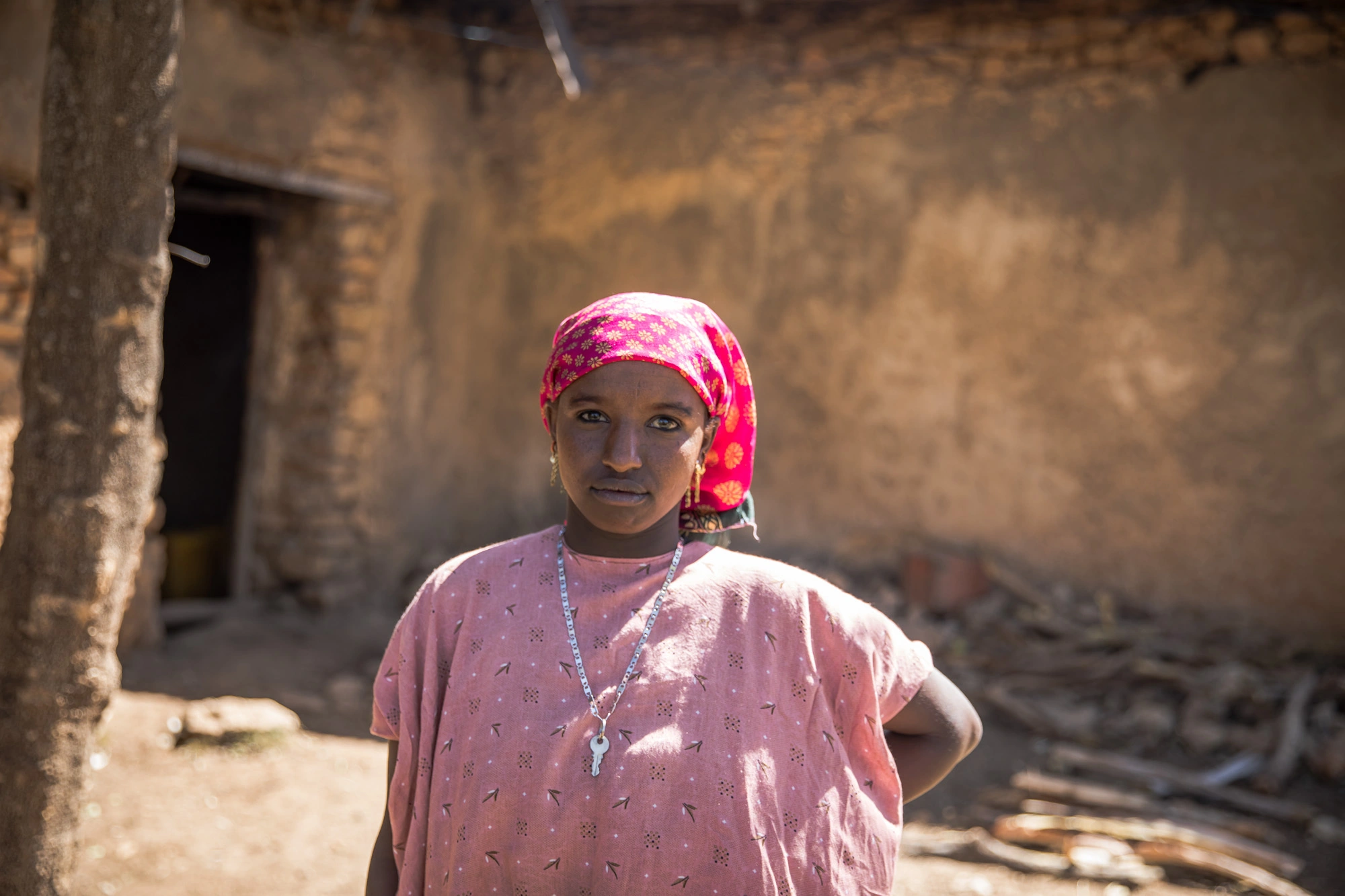GAGE at the 2025 DSA: rethinking young people’s agency and action amid the poly-crisis
07.07.2025
Author: Kate Pincock
GAGE had a strong presence at this year’s 2025 Development Studies Association conference, held at the University of Bath from 25th - 27th June. The conference brought together over 700 researchers, practitioners, policy-makers, academics and students around the theme of ‘Navigating crisis: dangers and opportunities in development’.
In a panel entitled ‘Youth and protests in Africa’ , convened by Alice Karuri at Strathmore University, Kassahun Tilahun and Kate Pincock presented findings from GAGE research in Ethiopia on how online spaces have shaped adolescents’ and young people’s experiences of both the 2020-2022 conflict in northern Ethiopia and consequent peace process. The paper addressed the lack of knowledge to date about the relationship between disinformation and citizenship for adolescents and young people in Ethiopia, despite online spaces now being central to youth political participation. Highlighting gender, regional and rural-urban differences in their engagement with offline and online spaces, the paper explored the consequences for political trust, social inclusion and social justice amid efforts to promote equitable development and peacebuilding.
The next day, Nicola Jones and Kate Pincock convened three panel sessions around the theme of ‘Inequality, polycrisis and young people in the global South’. The panels invited papers that would address the compounding impacts of health and climate emergencies, the imposition of stringent austerity measures, and growing political polarisation on young people in the global South. The idea for this panel series was born out of the book co-edited by Nicola and Kate ‘Young people in the global South: Voice, agency and citizenship' , which explored how young people have responded to these dynamics, with specific attention to how social inequalities are shaping opportunities for participation and political engagement amid crises.
Four key cross-cutting themes emerged across the various papers presented in the sessions — covering contexts as diverse as Bangladesh, Honduras, India, Lebanon, Nigeria, Sierra Leone, Uganda and Vietnam — that have important practical, methodological and conceptual implications for work to expand young people’s capabilities:
Speaking to the notion of ‘navigating’ crisis, the first theme connecting papers was the agency of young people amid structural constraints, which have been exacerbated by crises. Presenters across sessions observed the important role of networks and interpersonal resources in young people’s navigation of crises and inequality, offering a vision of agency grounded in the everyday, relational dynamics of young people’s lives.
Second, papers highlighted the interconnectedness and multidimensional effects of layered local, national and global inequalities and crises in young people’s lives. Young people’s lived experiences must thus be located within the specific historical, political, economic, and social contexts of their lives, which inform how they experience the present and define their hopes for the future. These wider dynamics can act to intensify or reproduce marginalisation at the community and interpersonal level, as well as generate opportunities to renegotiate or resist.
Third, papers illustrated the ways that gender, class, urban-rural, citizen-refugee and other such inequalities constrain the range of options available to young people located at their intersections, and the range of strategies they can deploy in order to effect change on their lives and the world around them.
The significance of inequality also connects the first two themes above: for example, access to both social and material resources for starting a business or to find employment is not equally distributed but shaped by social inequalities that vary across contexts in their nature and effects. Intersectional theory, pioneered by Black feminist thinkers, underlines that marginality relating to different identity-positions compounds marginalisation – underlining the need to think about inequalities as multifaceted and interlocking.
Fourth, papers underlined the ambivalences and ambiguities in young people’s agency. Often, presenters described the strategies available to young people as representing compromise rather than transcendence and empowerment, frequently being about accepting the least ‘bad’ outcome amid the structural conditions of crisis and inequality. While agency tends to be positioned in opposition to structure, and conceived of as something that one can either access or cannot, these papers illustrate that agency must be understood as constituted through the interactions and relationships that make up young people’s lives.
Connected in particular to this final theme, our key takeaway from the DSA this year was the need for critical thinking about transformative social change in the face of sustained crises and in the context of the 2030 Leave No One Behind agenda for sustainable and equitable development. As DSA 2025 keynote speakers Jean Dreze and Akosua Adomako Ampofo observed, hope for change must be connected to collective action.
While it is undeniable that young people are often able to effectively navigate the status quo and its impacts on their everyday lives and futures, it is essential that we therefore continue to work to understand what enables young people to actively resist and transform crisis conditions in ways that offer collective benefits, including for those who we know are the most marginalised.
Details
Audience type
Researcher
